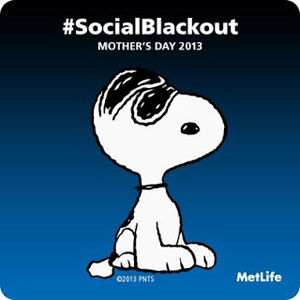Who is most likely to go back to Facebook earlier than they intend to? We used topic modeling to analyze people’s experiences during 99 Days of Freedom. Here’s what we found.

(Source: http://media-cache-ak0.pinimg.com/)
In the Day 33 responses, four topics were associated with increased or decreased chance of returning to Facebook.
Increased Chance:
Withdrawal: first, felt, days, day, check. Respondents who described such initial withdrawal-like experiences, even if eventually overcome, were more likely to return to Facebook.
Decreased Chance:
Friends’ reactions limited: about, know, one, don’t, really. Such statements carry a “don’t know, don’t care” connotation about friends’ reactions on Facebook.
Missed content: friends, pictures, miss, photos, family. Surprisingly, this topic was associated with decreased likelihood of reversion. We suggest two possibilities. Click here to read more.
Nothing happened: nothing, thing, happened, bad, really. This topic is pretty much self-explanatory: respondents specifically say that they cannot think of anything bad that happened.
In the Day 66 responses, two topics were significantly associated with the chance of returning to Facebook.
Increased Chance:
Other social media: social, media, other, use, network. Why does this topic predict increased likelihood of reversion?
Decreased Chance:
Missed content: out, events, friends, missed, some. People who used other social media were surprisingly more likely to go back to Facebook.
| Which of these topics resonate with your experiences? Feel free to leave us a comment. |
Reference
Baumer, E.P.S., Guha, S., Quan, E., Mimno, D., & Gay, G. (2015). How Non-use Experiences Influence the Likelihood of Social Media Reversion: Perceived Addiction, Boundary Negotiation, Subjective Mood, and Social Connections. Social Media + Society.
6 Comments